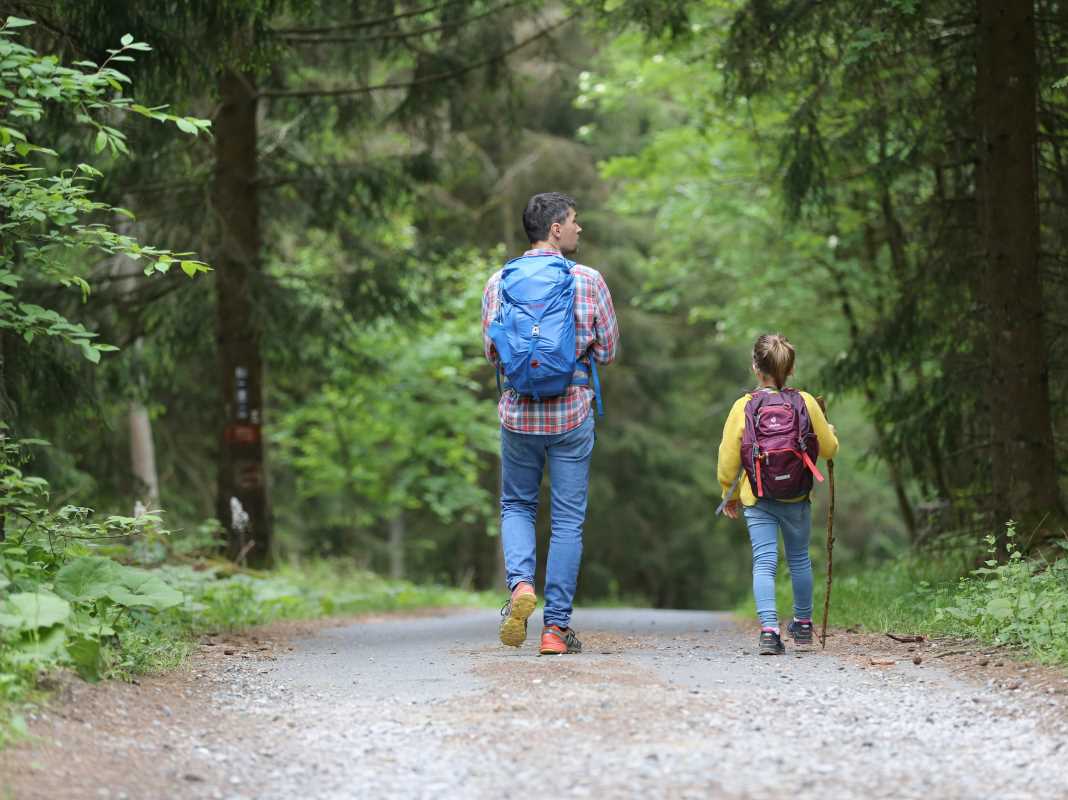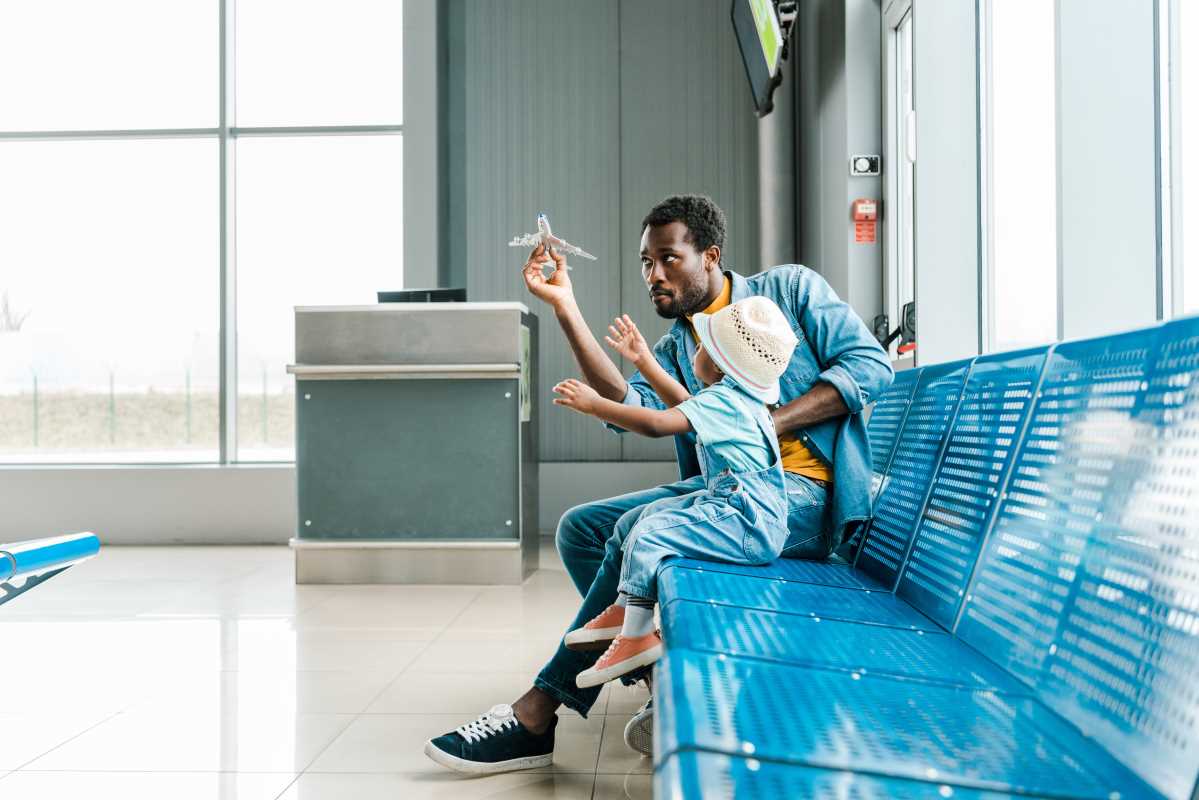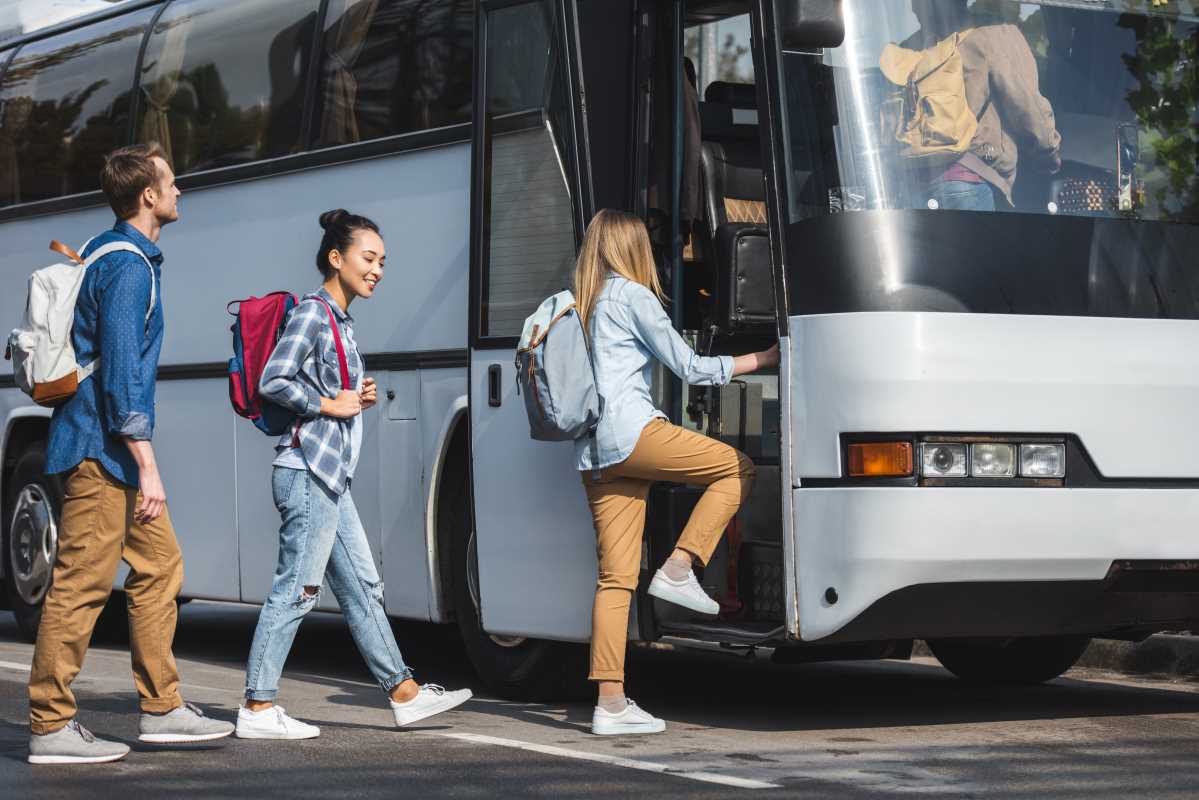Traveling with children isn't just about taking vacation days and visiting amusement parks—it's about fostering a sense of adventure, curiosity, and connectivity within your family that lasts well beyond the trip itself. While the logistics might seem daunting at first, the benefits of bringing your kids along on your travel adventures can enhance their lives and yours in numerous ways. Here’s why you should pack those extra snacks and toys and set out to explore the world through your children’s eyes.
1. Educational Opportunities
Travel exposes children to diverse cultures, languages, and histories, transforming the world into a vibrant classroom. When they encounter new environments, kids absorb information more effectively than in a traditional learning environment. Historical sites, museums, and natural wonders make the lessons they’ve heard about in stories and textbooks come alive.
2. Developing Adaptability
Kids who travel often become more adaptable and flexible. They learn to handle changes in their routine and adapt to new situations. This exposure helps them develop resilience and problem-solving skills, which are invaluable throughout life. Dealing with unexpected travel delays or navigating unfamiliar cities teaches them to think on their feet.
3. Quality Family Time
In the hustle of daily life, uninterrupted family time can be rare. Traveling with your kids means you’re spending quality time together without the usual distractions. These moments allow for deeper connections and the creation of lasting memories that strengthen family bonds.
4. Broadening Perspectives
Kids are inherently curious and impressionable. Traveling allows them to see new ways of living, eating, and playing, which can profoundly shape their understanding of the world and their place in it. It teaches tolerance and appreciation for diversity, as they interact with people from various backgrounds and cultures.
5. Encouraging Curiosity and Discovery
Travel ignites curiosity and encourages discovery. Kids learn to embrace new experiences, whether trying exotic foods, learning a few phrases in a new language, or exploring outdoor landscapes. Each new activity or challenge helps them grow more confident and curious.
6. Building Independence
Traveling can help children develop independence in a controlled and safe manner. Tasks like packing their own bags, navigating airport security, or choosing what to eat can empower them and boost their self-esteem. These experiences teach responsibility and personal care in fun, practical ways.
7. Reducing Screen Time
In today’s digital world, detaching from screens can be a significant benefit of traveling. Engaging with the world directly teaches children to experience life more fully and to interact more deeply with those around them, enhancing both their observational skills and their ability to communicate without a device.
8. Creating Global Citizens
Children who travel may develop into global citizens who are aware of global issues and feel a sense of connection to people around the world. These experiences can foster empathy and a desire to make a positive impact on the world, nurturing a generation that values sustainable living and multicultural understanding.
9. Instilling Flexibility and Patience
Travel often involves waiting and downtime, whether at airports or in traffic jams, teaching kids the important virtues of patience and flexibility. Learning to deal with boredom and still find joy in the smaller moments—like playing a card game while waiting for a flight—can help children develop a more patient and adaptable mindset.
10. Enjoying the Unexpected
Finally, traveling with kids can lead to spontaneous adventures that you wouldn’t experience otherwise. Children’s natural inclination to explore can take you off the beaten path, leading to unexpected discoveries and adventures that enrich your travel experience.
By bringing your children along on your travels, you’re not just taking a trip; you’re offering them a treasure trove of life lessons wrapped in the excitement of exploration. The resilience, knowledge, and joy they gain from these experiences will serve them for a lifetime, making every challenging moment of travel preparation worthwhile.







